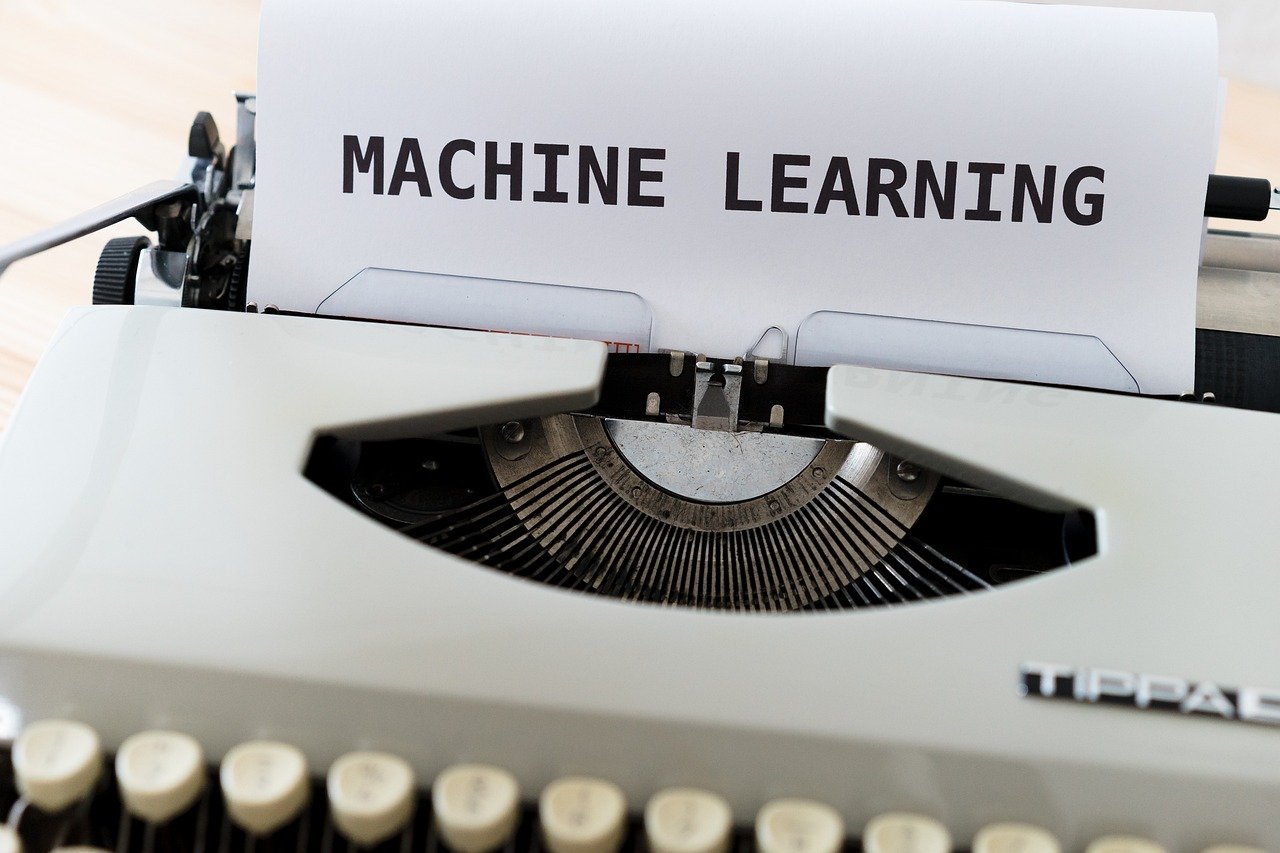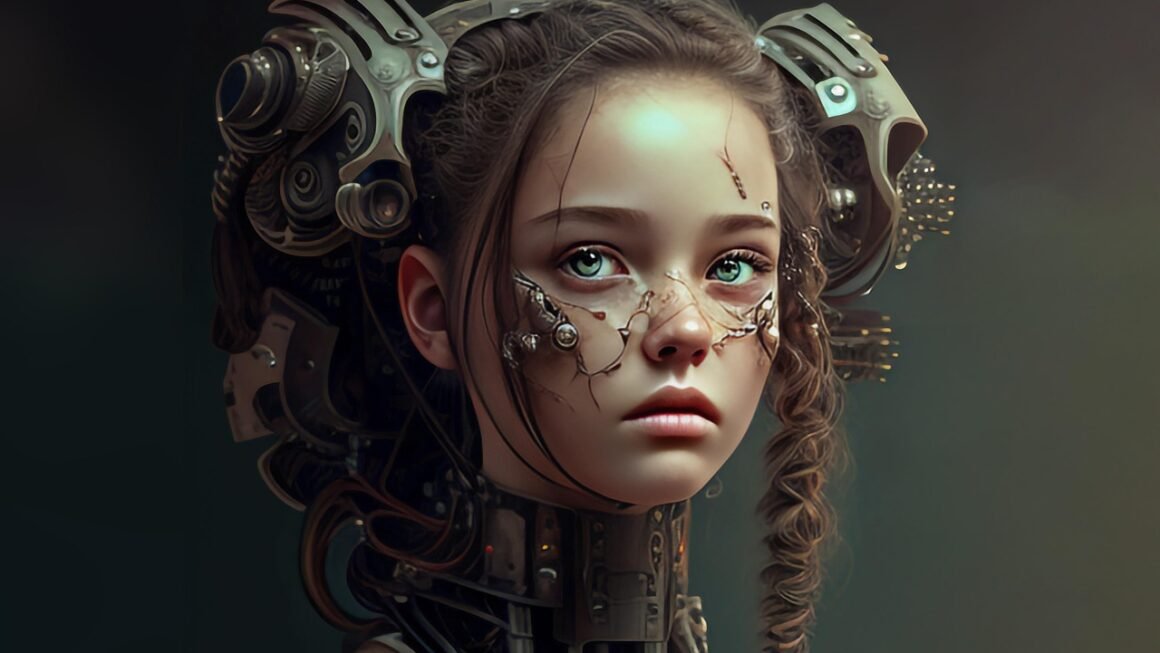Imagine having a tireless, always-available assistant that understands your needs, anticipates your requests, and proactively works to improve your life – both personally and professionally. This isn’t science fiction; it’s the reality of intelligent agents, sophisticated software entities designed to automate tasks, provide information, and make decisions on your behalf. Let’s dive into the world of intelligent agents and explore how they’re reshaping the way we interact with technology.
What are Intelligent Agents?
Defining Intelligent Agents
Intelligent agents are autonomous entities that perceive their environment through sensors and act upon that environment through actuators to achieve specific goals. Unlike simple programs that execute pre-defined instructions, intelligent agents possess capabilities like learning, reasoning, and adaptation.
- Autonomy: They operate without direct human intervention.
- Perception: They sense their environment and gather information.
- Action: They take actions to influence their environment.
- Goal-Oriented: They are designed to achieve specific objectives.
- Learning: They improve their performance over time through experience.
Different Types of Intelligent Agents
Intelligent agents come in various forms, each tailored for specific applications. Here are a few key types:
- Simple Reflex Agents: These agents react directly to perceptions based on predefined rules. They’re simple but effective in environments with limited complexity. Example: A thermostat reacting to the room temperature.
- Model-Based Reflex Agents: These agents maintain an internal model of the world to predict how their actions will affect the environment. Example: An autonomous vehicle using sensor data and a map to navigate.
- Goal-Based Agents: These agents consider their goals when deciding on actions. They plan sequences of actions to achieve their objectives. Example: A route planning application finding the fastest way to a destination.
- Utility-Based Agents: These agents evaluate the utility (happiness or satisfaction) resulting from different actions and choose the action that maximizes their utility. Example: A trading bot aiming to maximize profit while minimizing risk.
- Learning Agents: These agents can learn from experience and adapt their behavior to improve their performance. Example: A spam filter that learns to identify new spam emails based on user feedback.
How Intelligent Agents Work
Core Components
Intelligent agents typically consist of several key components working together:
- Perception Module: Gathers information from the environment through sensors (e.g., cameras, microphones, data feeds).
- Knowledge Base: Stores information about the environment, goals, and rules.
- Reasoning Engine: Uses the knowledge base and inference rules to make decisions and plan actions.
- Action Module: Executes the chosen actions in the environment.
- Learning Module: Analyzes past experiences to improve the agent’s future performance.
Algorithms and Techniques
Intelligent agents utilize various algorithms and techniques, including:
- Machine Learning (ML): Enables agents to learn from data without explicit programming. Common techniques include supervised learning, unsupervised learning, and reinforcement learning.
- Natural Language Processing (NLP): Allows agents to understand and generate human language. This is crucial for agents that interact with users through voice or text.
- Rule-Based Systems: Use predefined rules to make decisions. These systems are often used in expert systems and control systems.
- Search Algorithms: Used to explore different possible actions and find the optimal solution to a problem. Common search algorithms include A, Dijkstra’s algorithm, and minimax.
- Planning Algorithms: Create sequences of actions to achieve a goal. Examples include hierarchical task network (HTN) planning and partial-order planning.
Example: A Smart Home Agent
A smart home agent monitors and controls various devices in a home to optimize energy consumption, security, and comfort.
- Perception: Gathers data from sensors such as thermostats, security cameras, motion detectors, and smart appliances.
- Knowledge: Contains information about the homeowner’s preferences, schedules, energy prices, and security protocols.
- Reasoning: Analyzes the data and applies rules to make decisions, such as adjusting the thermostat based on occupancy and weather forecasts, turning on lights when motion is detected, or sending alerts if a door is left open.
- Action: Controls devices such as thermostats, lights, locks, and appliances.
- Learning: Learns the homeowner’s habits and preferences over time to improve its performance. For example, it might learn to automatically adjust the thermostat to the desired temperature based on the time of day and the homeowner’s location.
Applications of Intelligent Agents
Virtual Assistants
Virtual assistants like Siri, Google Assistant, and Alexa are prime examples of intelligent agents. They use NLP and machine learning to understand voice commands, answer questions, provide information, and perform tasks like setting reminders, playing music, and controlling smart home devices.
- Benefits: Convenience, hands-free operation, personalized assistance.
- Examples:
Setting alarms and reminders.
Playing music on demand.
Making phone calls.
Controlling smart home devices.
Answering questions and providing information.
E-commerce and Recommendation Systems
Intelligent agents are used in e-commerce to personalize the shopping experience and recommend products to users. They analyze user behavior, browsing history, and purchase patterns to suggest items that are likely to be of interest.
- Benefits: Increased sales, improved customer satisfaction, targeted advertising.
- Examples:
Amazon’s product recommendation engine.
Netflix’s movie and TV show recommendations.
Personalized ads on social media platforms.
Healthcare
Intelligent agents are being used in healthcare to assist with diagnosis, treatment planning, and patient monitoring. They can analyze medical records, images, and sensor data to identify potential problems and recommend interventions.
- Benefits: Improved accuracy, faster diagnosis, reduced costs.
- Examples:
IBM Watson for Oncology: Helps oncologists make treatment decisions based on evidence-based guidelines.
AI-powered diagnostic tools: Analyze medical images to detect diseases like cancer.
Virtual nursing assistants: Provide remote patient monitoring and support.
Finance
In the finance industry, intelligent agents are used for fraud detection, algorithmic trading, and risk management. They can analyze vast amounts of financial data to identify suspicious activity and make informed trading decisions.
- Benefits: Reduced risk, increased efficiency, improved profitability.
- Examples:
Fraud detection systems that identify fraudulent transactions in real-time.
Algorithmic trading platforms that execute trades based on predefined rules and market conditions.
* Risk management systems that assess and mitigate financial risks.
Challenges and Future Directions
Ethical Considerations
As intelligent agents become more sophisticated, ethical considerations are increasingly important. These include:
- Bias: Agents can inherit biases from the data they are trained on, leading to unfair or discriminatory outcomes.
- Privacy: Agents can collect and analyze vast amounts of personal data, raising privacy concerns.
- Accountability: It can be difficult to assign responsibility when an agent makes a mistake or causes harm.
- Transparency: The decision-making processes of agents can be opaque, making it difficult to understand why they made a particular decision.
Technological Limitations
Despite their potential, intelligent agents still face technological limitations:
- Limited Understanding: Agents can struggle to understand complex or ambiguous situations.
- Lack of Common Sense: Agents often lack the common sense reasoning abilities that humans take for granted.
- Difficulty Adapting: Agents can struggle to adapt to new or unexpected situations.
Future Trends
The future of intelligent agents is likely to be shaped by the following trends:
- Increased Integration with IoT: Agents will become more deeply integrated with the Internet of Things, enabling them to control and manage a wide range of devices and systems.
- Improved Learning Capabilities: Advances in machine learning will enable agents to learn more effectively and adapt to new situations more easily.
- Enhanced Human-Agent Collaboration: Agents will become better at collaborating with humans, augmenting human capabilities and improving productivity.
- Edge Computing: More processing will be done on edge devices, enabling faster response times and reduced reliance on cloud computing.
Conclusion
Intelligent agents are transforming the way we live and work. From virtual assistants to recommendation systems to healthcare applications, these autonomous entities are automating tasks, providing information, and making decisions on our behalf. While challenges remain, the future of intelligent agents is bright, with ongoing advancements in machine learning, NLP, and other technologies promising even more powerful and versatile agents in the years to come. Embracing and understanding these technologies is crucial for both individuals and organizations looking to stay ahead in an increasingly automated world.



